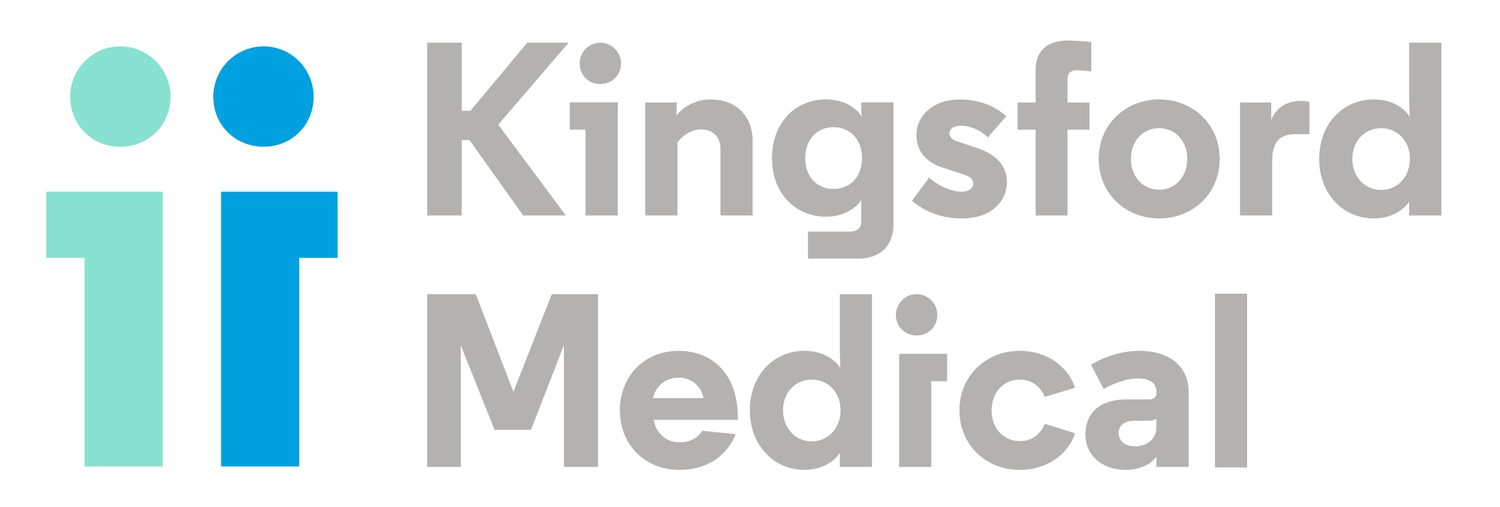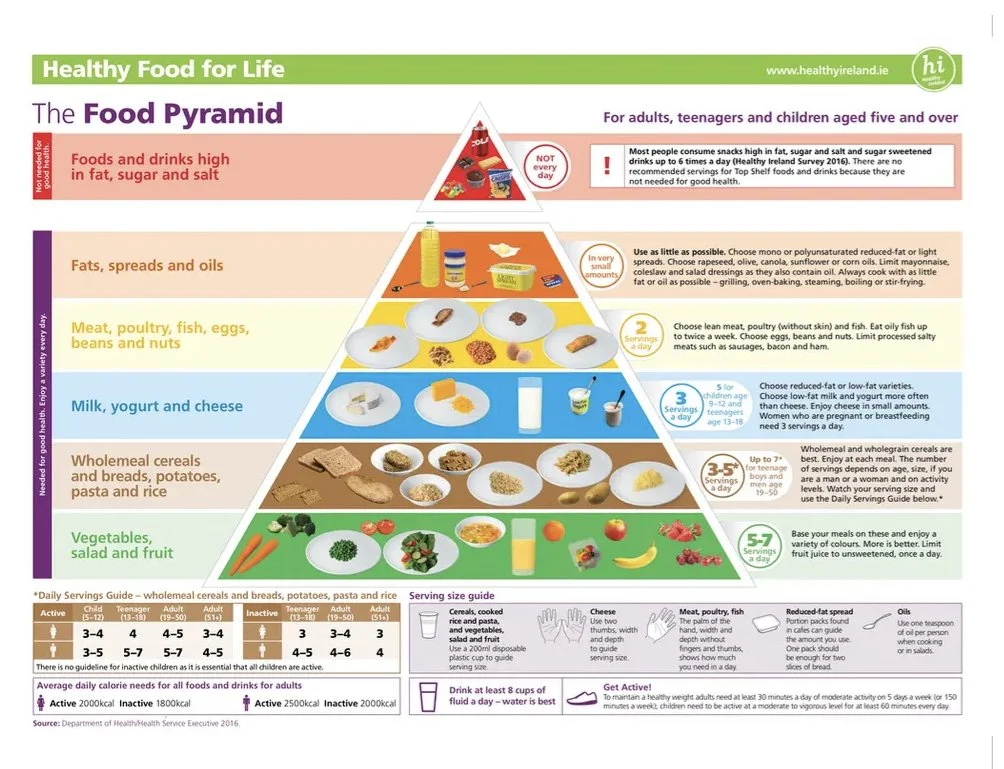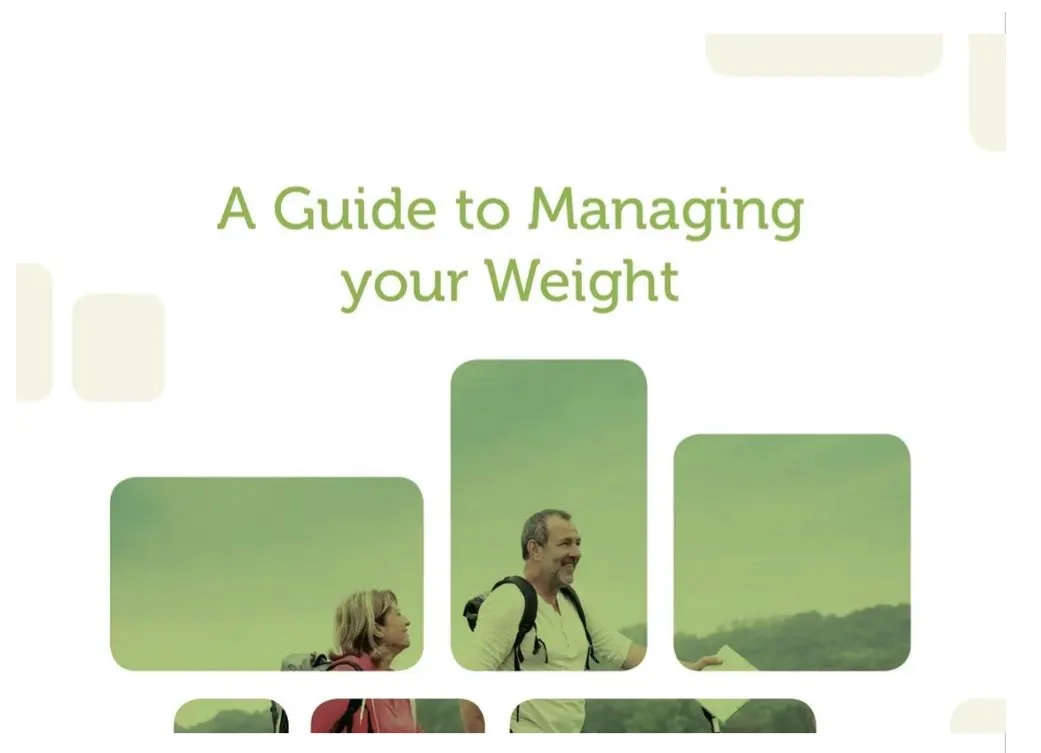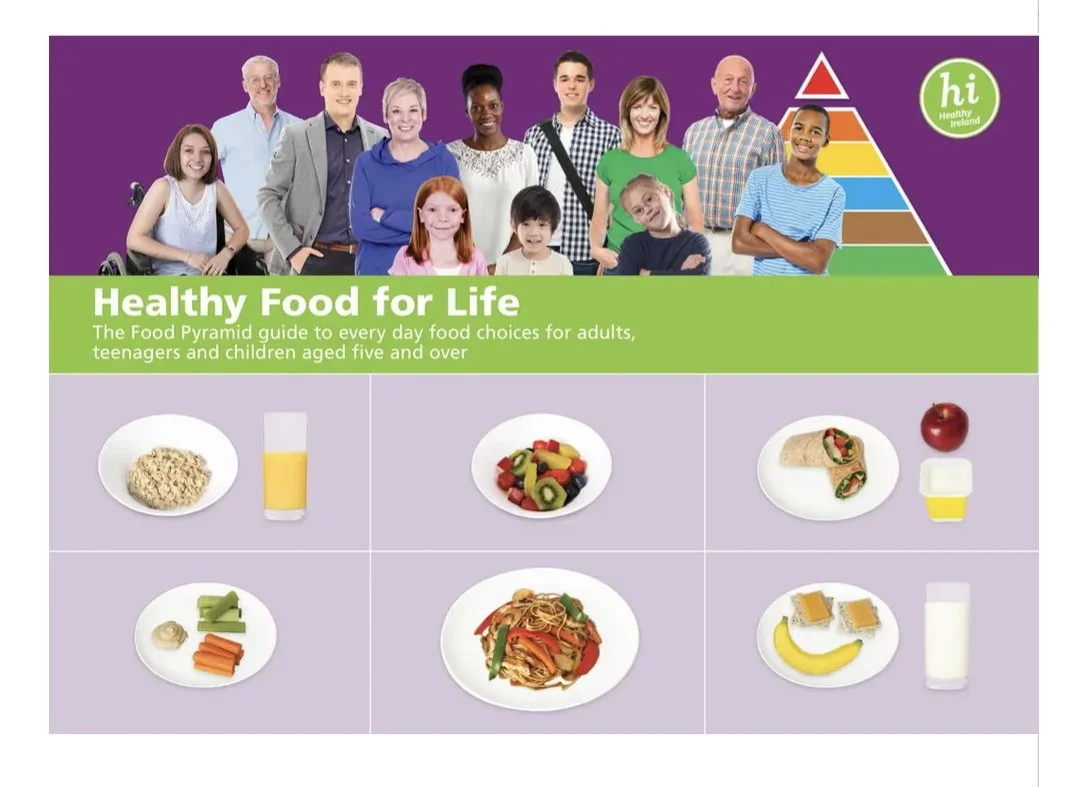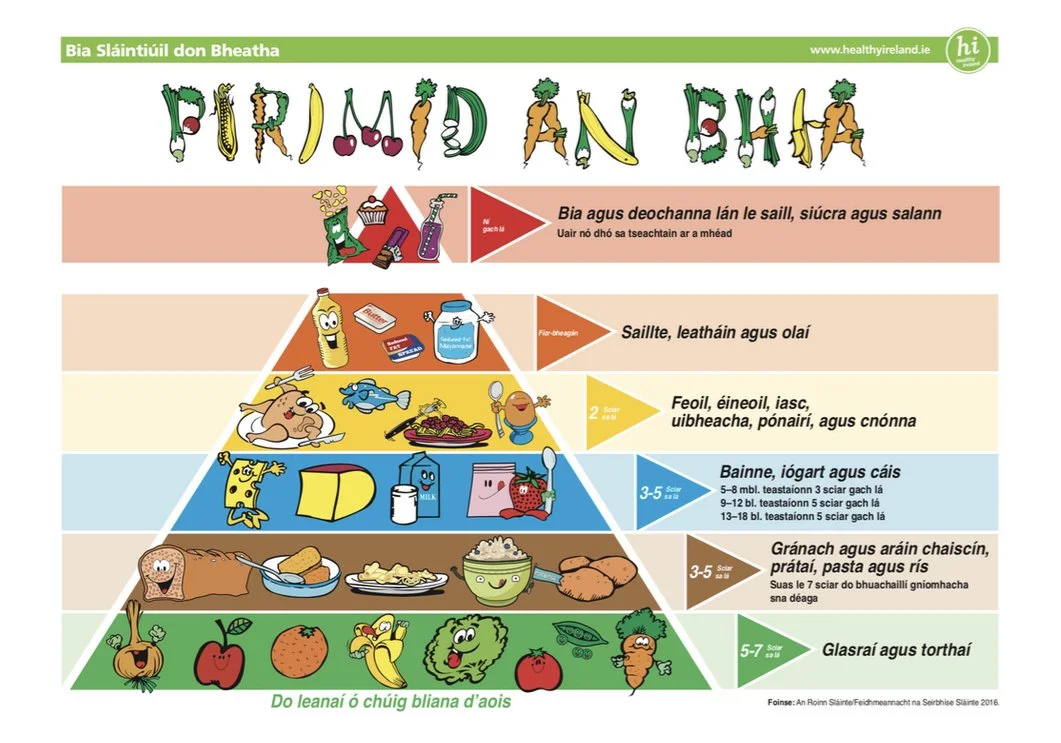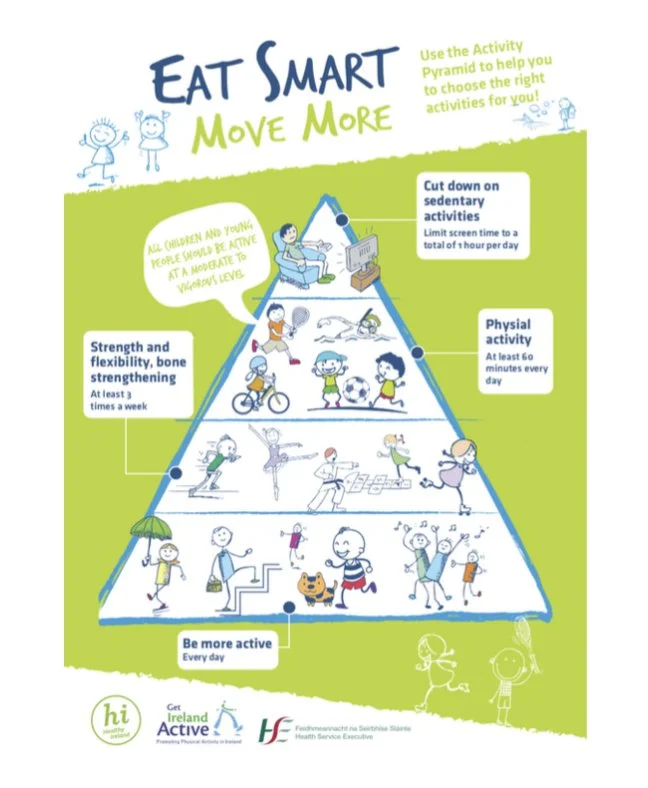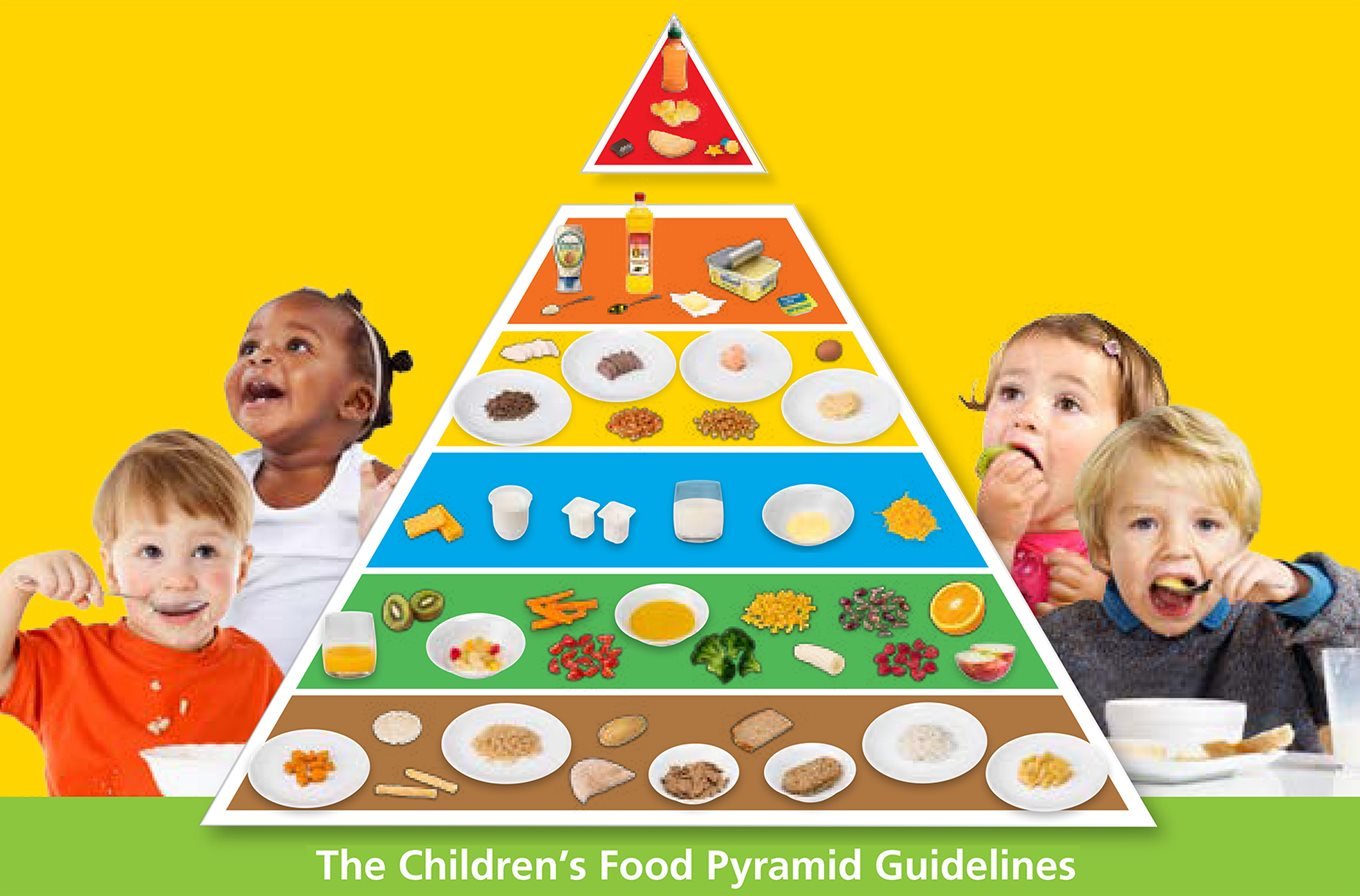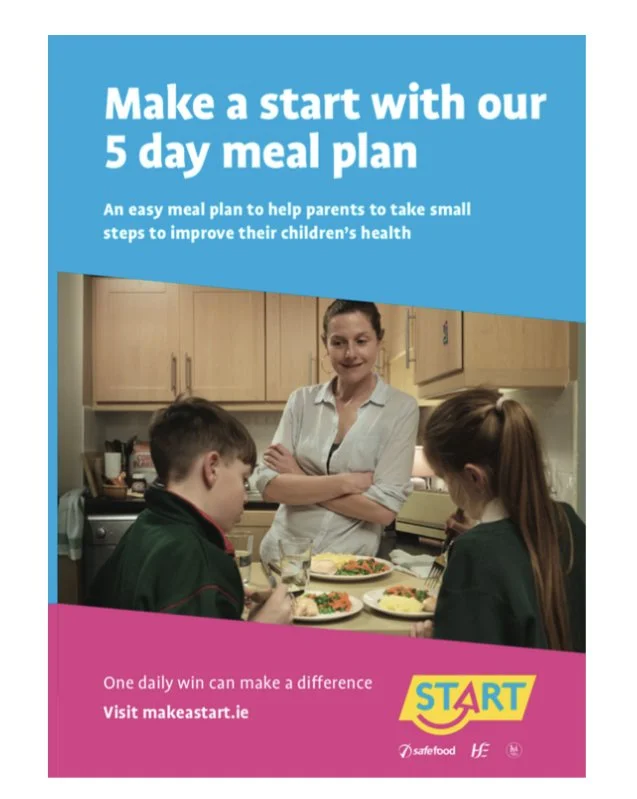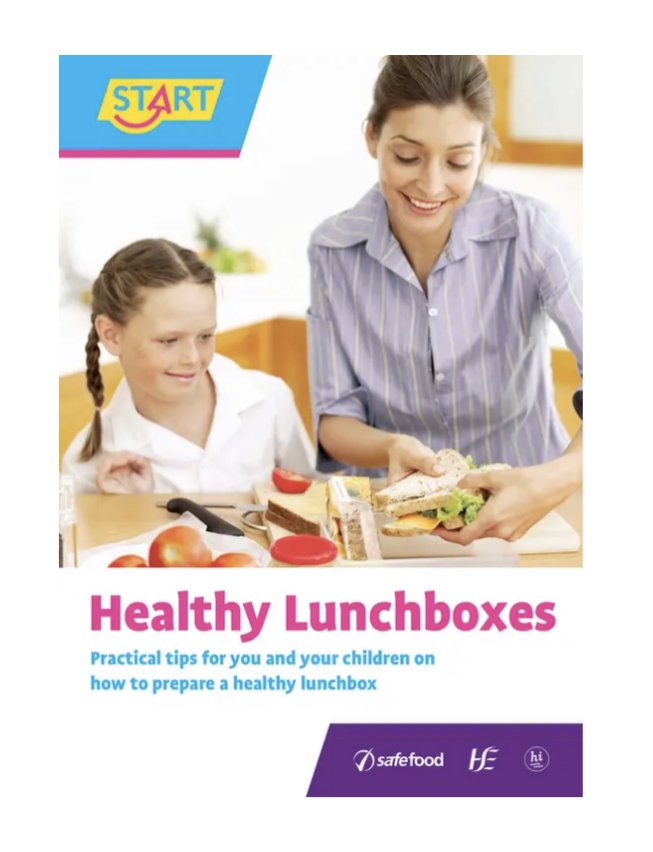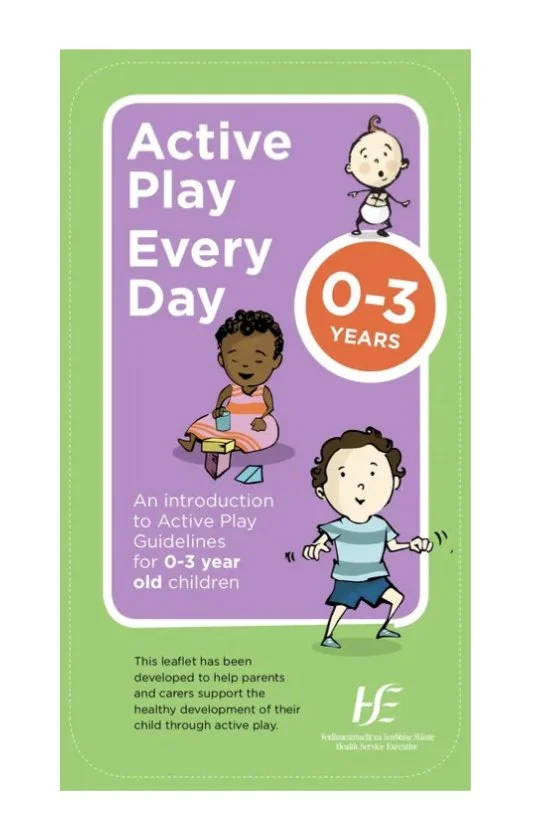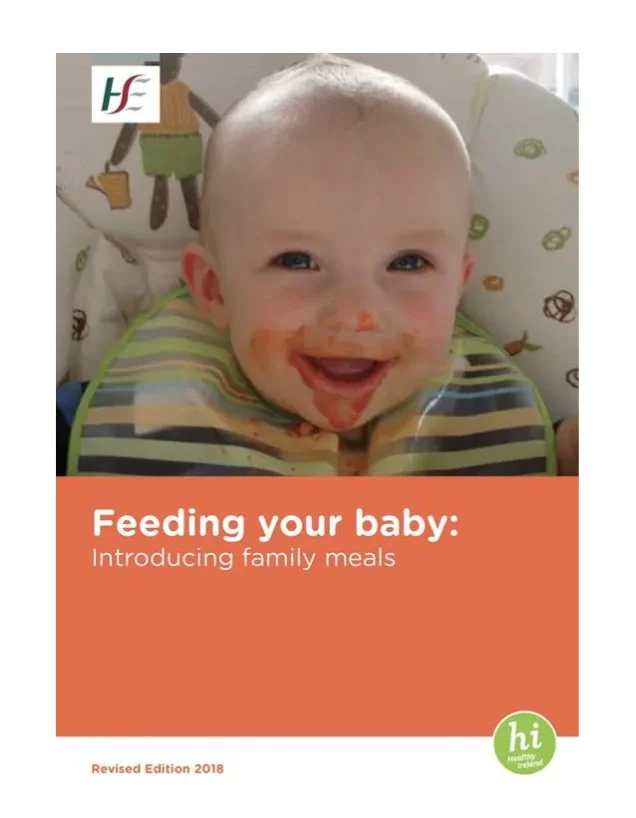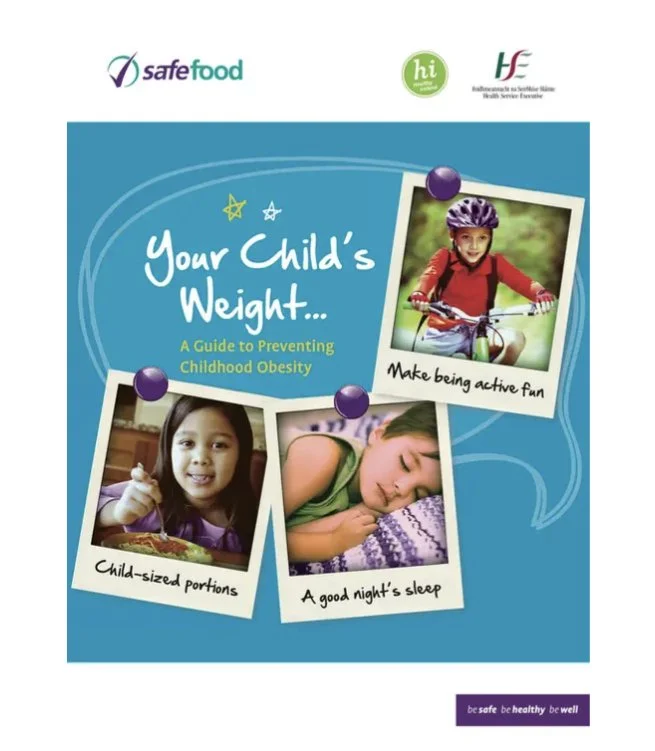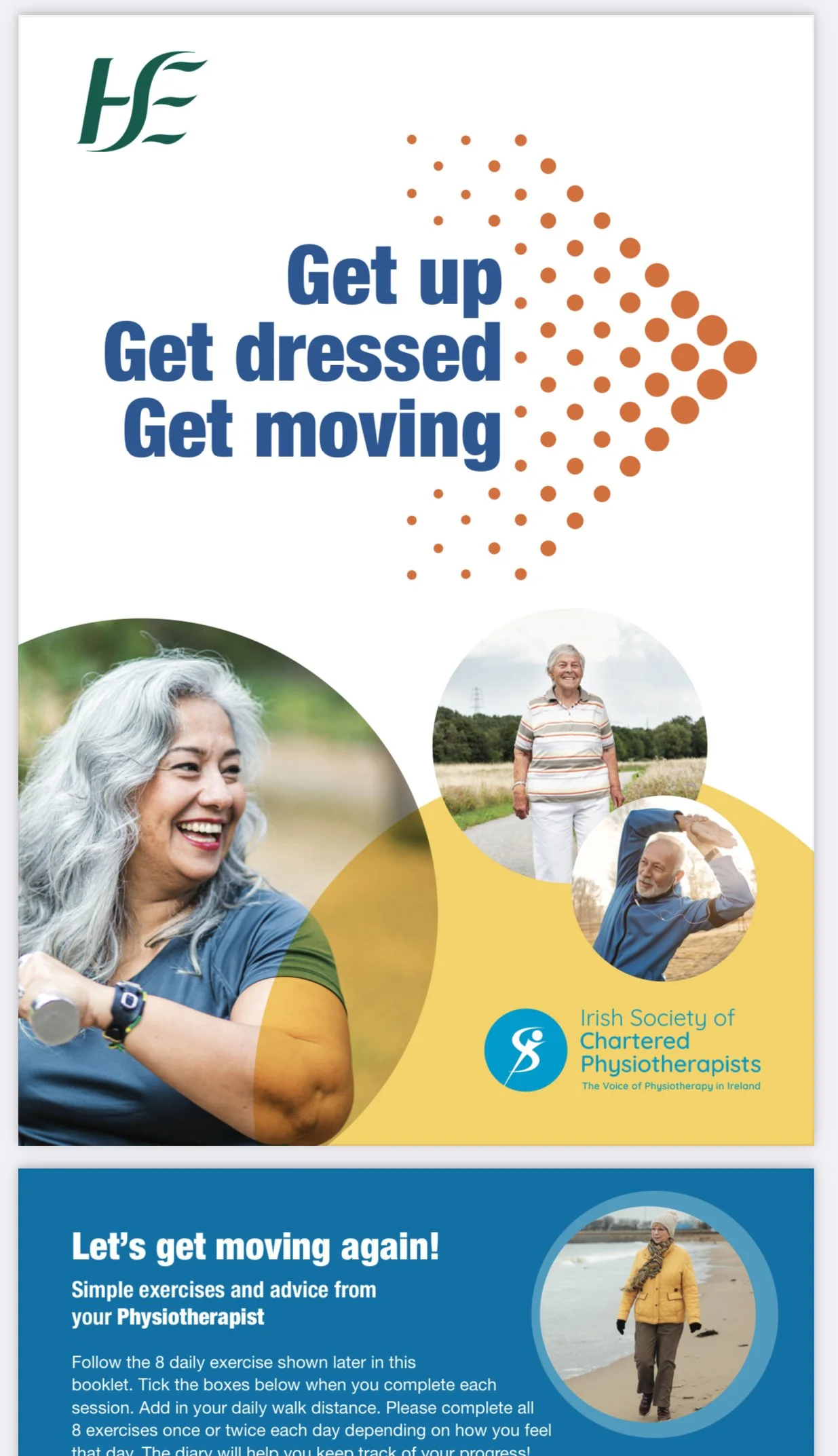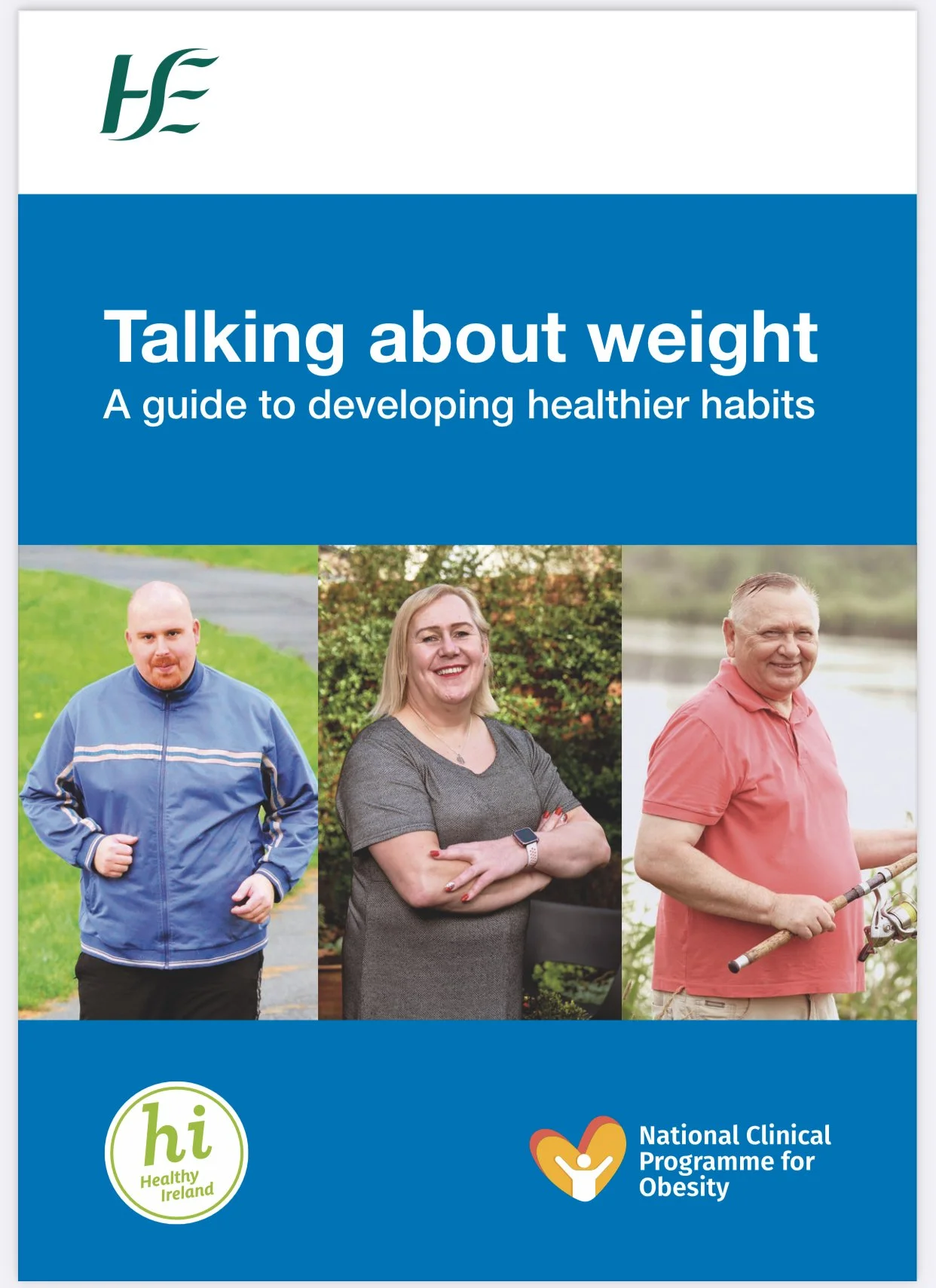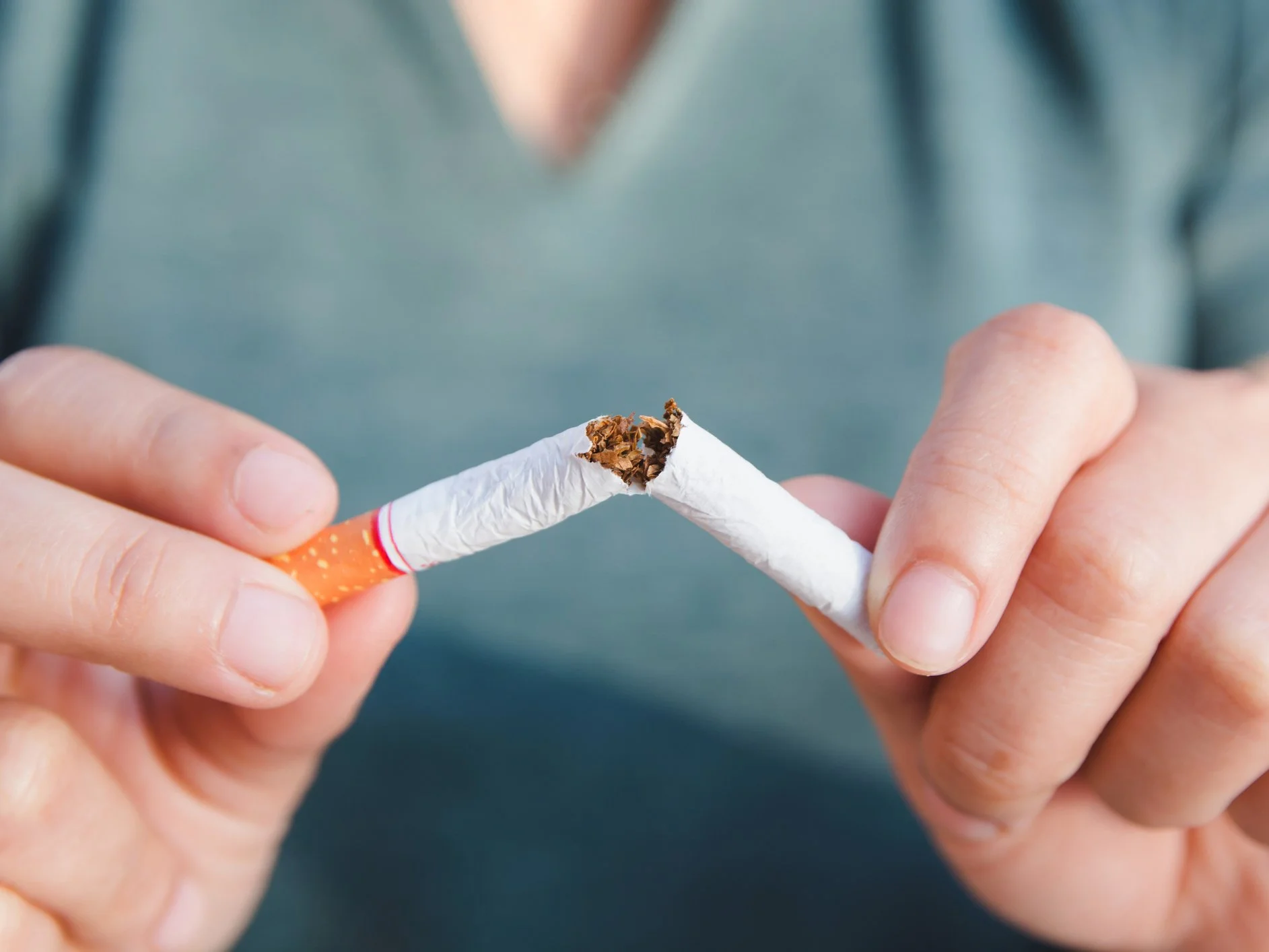Healthier Living
A healthy lifestyle has both short and long-term health benefits. long-term, eating a balanced diet, taking regular exercise and maintaining a healthy weight can add years to your life and reduce the risk of certain diseases including cancer, diabetes, cardiovascular disease, osteoporosis and obesity. In the short-term it can also make you feel and look your best, give you more energy and help you maintain a healthy weight.
The key to reducing the risk of these diseases is making small changes to your daily lives - eating healthier food, getting your 5-a-day, having treats occasionally, and taking more exercise.
Improving your lifestyle with small steps in the right direction will have a big impact on your well-being. Check out our tips and resources below for leading a healthier lifestyle.
Healthy Ireland also have a useful website on healthy living tips and resources.
Healthy Eating
A nourishing diet is the foundation of a healthy lifestyle. Beyond weight loss and maintenance, eating a balanced diet is crucial to your overall health. Good foods provide vitamins, minerals, and nutrients that are important for growth, well-being, and development.
Eating a balanced diet starts with avoiding unhealthy foods. Packaged and processed foods are often full of sugar, salt, unhealthy fats, and calories. Avoid the fake stuff, and opt for the good stuff, such as:
fresh fruits and vegetables
whole grains
fiber-rich foods such as beans and leafy greens
fresh fish
lean cuts of meat and poultry
healthy fats such as nuts, seeds, and olive oil
low-fat dairy
Check out Healthy Ireland's 'Healthy Ireland Food Plans and Guides', which give guides based on ages and food types.
Safefood.ie also have a healthy eating section on their website.
101+ Square Meals
The aim of this cookery book is to provide easy-to-prepare, low-budget, yet highly nutritious meals. It also contains useful tips on shopping, home freezing and food safety. Hopefully this will result in healthier, more balanced diets for families and individuals and a reduction in their food bills.
In this edition, you will find sections on: A guide to Healthy Eating, Keep a Well Stocked Food Cupboard and Cooking for One. There is also a new section, which provides a practical guide and creative ideas on healthy eating for young people.
Click here or the image to download.
Other resources:
Helpful guides for adults:
Helpful guides for kids:
Getting Active
Regular physical activity is key to getting and staying healthy. These guidelines include recommendations for children and young people as well as adults, people with disabilities and older people.
children and young people (2-18): all children and young people should be active, at a moderate to vigorous level, for at least 60 minutes every day.
adults (18-64): at least 30 minutes a day of moderate activity on 5 days a week or 150 minutes a week.
older people (65+): at least 30 minutes a day of moderate activity on 5 days a week, or 150 minutes a week. Focus on aerobic activity, muscle-strengthening and balance.
children and adults with a disability should aim to be as active as their disability allows, and aim to meet the guideline for their age group if possible.
Check out more information on getting active with Healthy Ireland's guidelines here. Or HSE advice on nutrition and exercise here.
Quitting Smoking
Most of us are aware of the physical health risks of smoking, but research shows that smoking also affects your mental health. Quitting smoking can be hard and lots of smokers try to quit a number of times before they are successful.
If you have just given up recently you should know that it's normal to feel angry, low or anxious. Many people use cigarettes to cope with different emotions - such as smoking in a stressful situation. You also may have used cigarettes to block out your feelings. When you stop smoking it can be difficult to manage these feelings without a cigarette.
Some tips you can try are:
focus on what is good about you and your life
try to turn negative thoughts into positive thoughts
take deep breaths
use the four Ds recommended by the QUIT programme
Distract yourself by going for a walk or talking to somebody
Delay until the urge passes
Deep breathe 20 times
Drink a glass of cold water
For more help follow the QUIT programme on Quit.ie.
Think About Your Drinking
A lot of people find their mood improves when they cut down or stop drinking. This may come as a surprise, as it's common to feel that alcohol gives you a boost or relief.
Drinking, hangovers and poor sleep can reduce your energy and productivity. A break from alcohol can get you motivated to get things done.
Learn more on the HSE Ask About Alcohol pages and use the Drinks Calculator to find out how your drinking is impacting on your health, your wallet and your weight.
See more from the HSE on 'Ways to cut down drinking to improve your mental health'.
This content of this page (and links to other sites) is for general information purposes only and does not substitute medical advice. While we endeavour to keep this website up-to-date, errors may occur. We advise all patients to discuss their health concerns with their GP. If you would like to suggest amendments or highlight new information that could be useful to others please don’t hesitate to get in touch.
